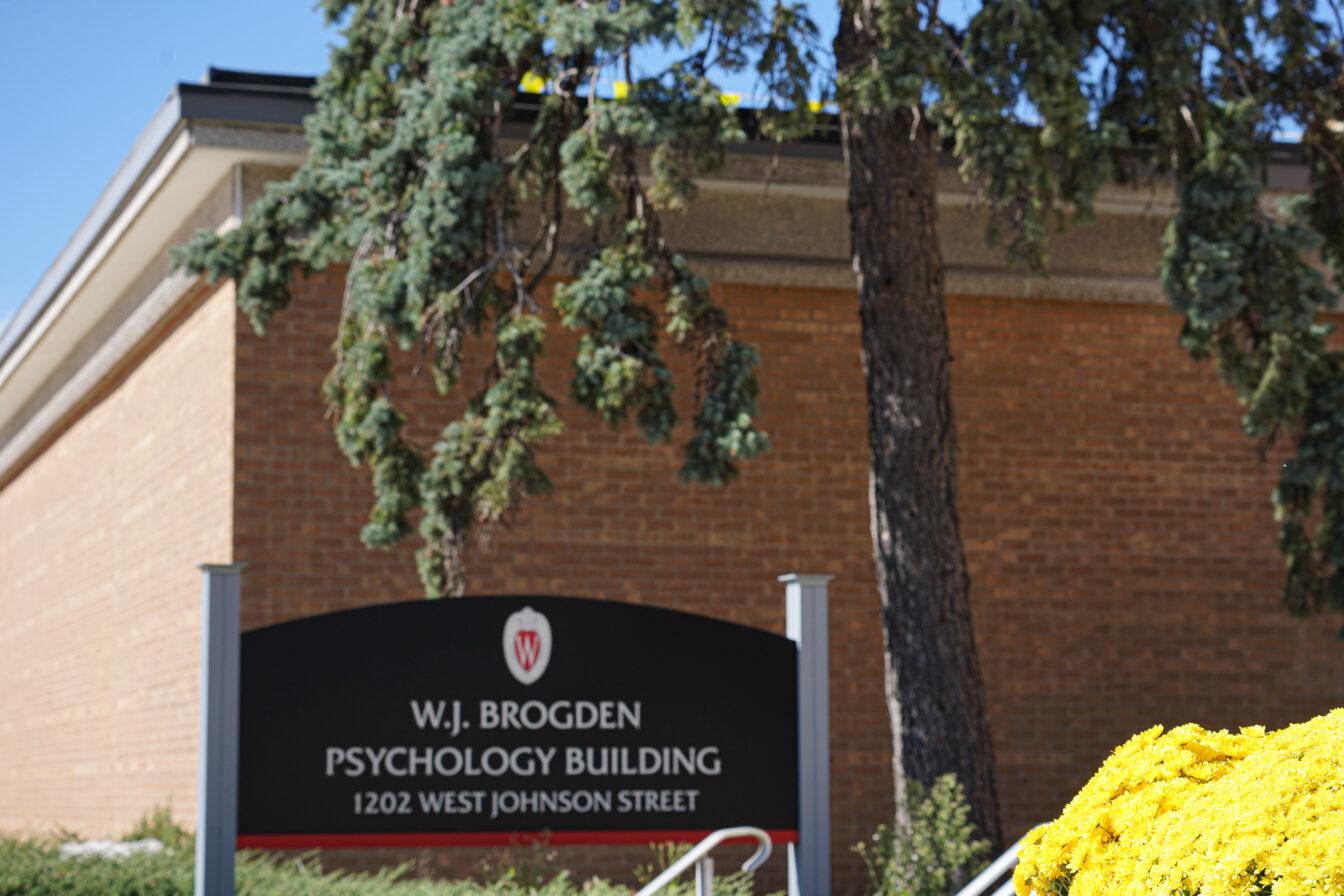Due to rising mental health concerns in adolescents, Madison Metropolitan School District and the University of Wisconsin have partnered up to help address these concerns in the Madison community.
UW and MMSD will use a six million dollar grant to train new school psychologists with identity, culture and linguistic skills. The grant will also provide tuition, fees, transportation and a monthly stipend for new school psychologist trainees. There will also be additional funding to hire a trainee supervisor and a stipend to supervisors in the schools that need the most help, according to the UW School of Education.
This new grant will create a program to train 24 psychology graduate students with diverse backgrounds over the next five years, training six every year. On graduation, these students will then complete three years of service at an underserved high school in Madison, according to the School of Education.
“The emphasis is on school psychology graduate students from minority backgrounds, as the majority of school psychologists in the field and in our district are white women, while our student population is quite diverse,” MMSD student services coach and school psychologist support Melanie Salgado said in an email statement to The Badger Herald.
MMSD School Psychologists observe in classrooms, work with small groups of students, help solve problems for individual students, provide interventions for students and communicate with outside service providers.
Recent assessments showed that almost half of MMSD students experience mental health concerns such as anxiety or depression, UW associate clinical professor Kristy Kelly said in an email statement to The Badger Herald.
“COVID has contributed to soaring rates of depression, anxiety, trauma, loneliness, and suicidality among children nationally,” Kelly said. “In fact, the American Academy of Pediatrics declared a national emergency in child and adolescent mental health in 2021.”
MMSD is the second largest public school district in the state, with 52 schools and over 25,000 students.
The student body is 41% White, 23% Hispanic/Latino, 18.1% Black, 8.4% Asian/Pacific Islander and 0.2% Indigenous.
Salgado said students thrive when they are taught by educators with similar backgrounds who implement culture and language practices in their practices.
“Example topics (of counseling practices) might include: cultural intervention adaptations, crisis preparedness and response, bilingual school psychological services, trauma-informed care, Welcoming Schools (LGBTQIA+ training), multicultural supervision, culturally responsive family-school partnerships, and universal screening and assessment,” Kelly said.
The American Civil Liberties Union found that schools with mental health services see higher attendance rates, stronger academic achievement and higher graduation rates. These services also lower the rates of expulsion, suspension and other disciplinary actions.
Wisconsin’s student-to-counselor ratio was 393:1 in 2016, according to the ACLU. The American School Counseling Association recommends one counselor per 250 students.
Educators are seeing an increase in mental health issues in children, particularly since the pandemic, Salgado said. Factors such as social distancing, economic hardship and death of loved ones have led to an increase in stress, anxiety and depression.
“Even with the educational system, students and families do not always know who they can reach out to,” Salgado said. “In MMSD, there are school psychologists, school social workers, and school nurses in every school, and there are school counselors in every middle and high school.”
Gov. Tony Evers also entitled 2023 “The Year of Mental Health” and proposed more than $270 million over the next two years to go towards school mental health systems.


